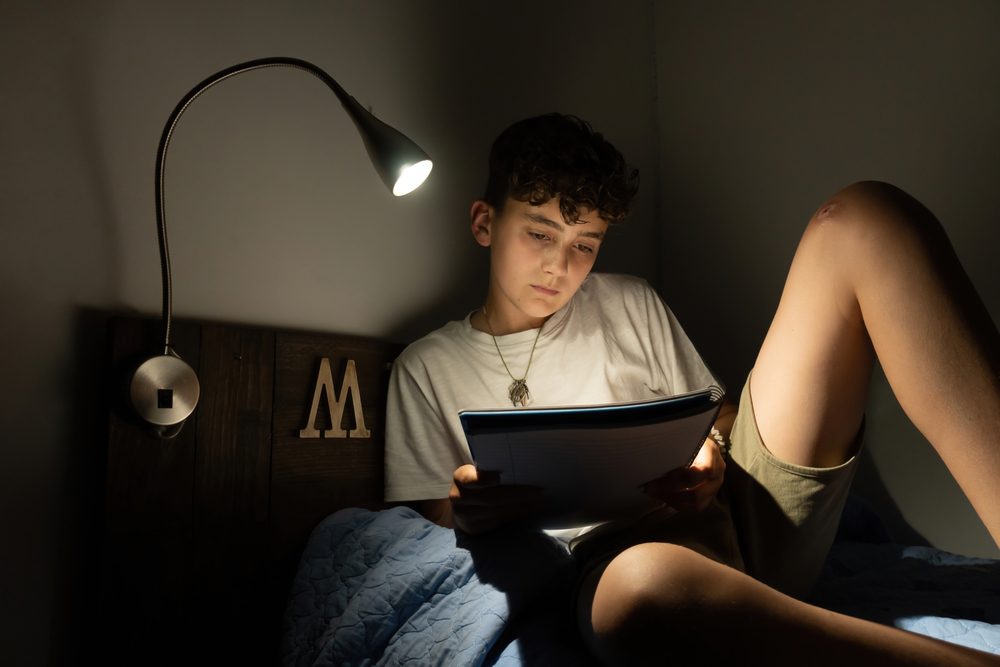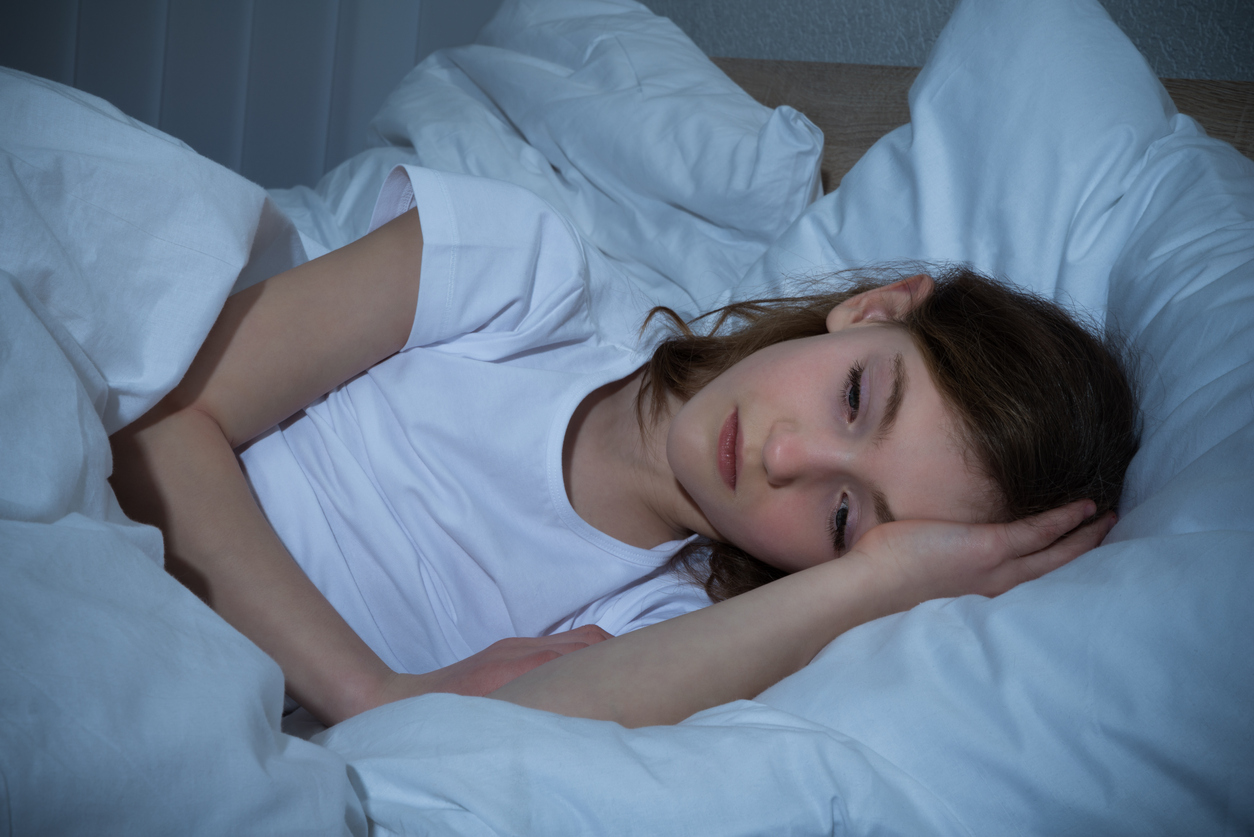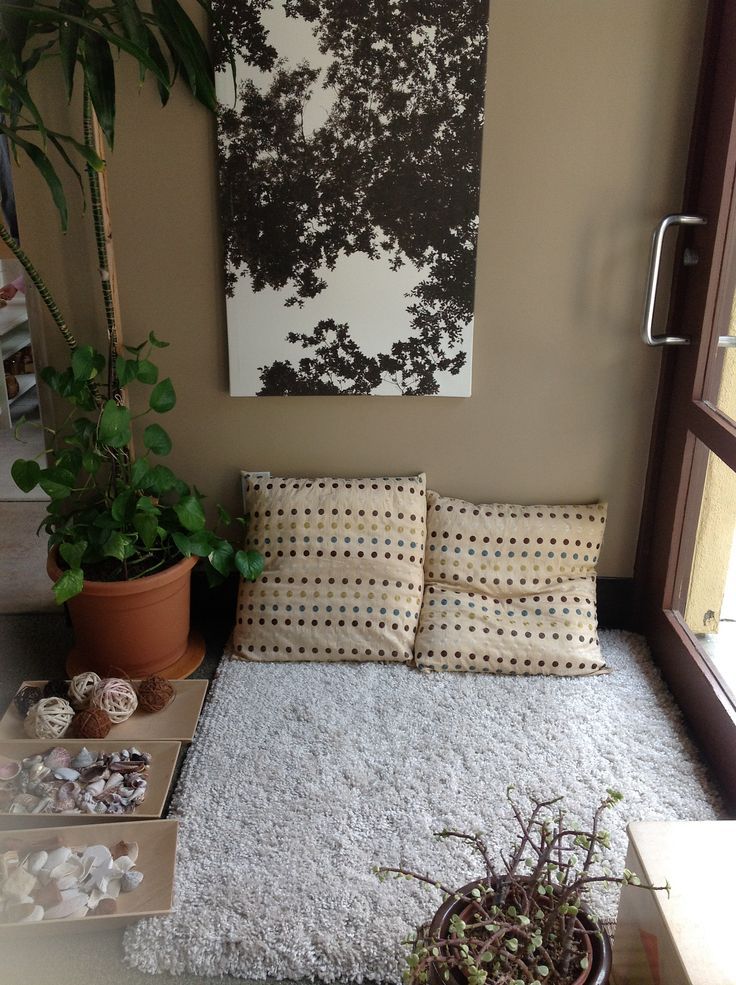Last Updated on September 4, 2024 by Mandy Gurney
How can I help my teenager to sleep better?
Is your teenager’s bed turning into a social hub rather than a peaceful sleeping haven?

What you do in bed matters for your brain’s sleep signals! Whether it’s late-night scrolling, interacting with friends, gaming or studying, your brain starts associating the bed with wakefulness—not rest.
In my latest blog, I’m exploring how teens can break the cycle of sleeplessness and reconnect their bed with sleep. From calming activities to smart sleep habits, these tips can help your teen fall asleep faster and enjoy better rest.
Understanding the Bed-Sleep Connection
- Your brain learns to associate places with activities. If you use your bed for studying, scrolling on your phone, or stressing out, your brain starts to link your bed with wakefulness rather than sleep. This makes it harder to fall asleep when you want to.
Breaking the Cycle of Sleeplessness
- When you can’t sleep, lying in bed can make you feel frustrated and anxious. This frustration makes it even harder to sleep, triggering your fight-or-fight response, and creating a negative cycle. By getting out of bed and doing something relaxing, you break this cycle and reset your mind, making it easier to sleep when you return to bed.

Choosing a Calming Activity
- If you’re wide awake after 20 minutes of trying to sleep, get out of bed and do something calming. Sit in a dimly lit area away from the bed and read a book, listen to quiet music, or practice deep breathing. Avoid screens and bright lights, as these can trick your brain into staying awake.
Making it a Habit
- The more consistently you practice this, the stronger the connection between your bed and sleep will become. Over time, your brain will learn that bed means sleep, helping you fall asleep faster and enjoy better quality rest.
Keeping Your Bed for Sleep
- Reserve your bed for sleep (and maybe a bit of light reading). Avoid doing homework, eating, or watching videos in bed. This will reinforce the idea that your bed is a place for rest. You may be able to set up a chill-out space in your room with cushions or pillows instead.
Being Patient
- Strengthening the bed-sleep connection takes time, but it’s worth the effort. Consistently getting out of bed when you can’t sleep can lead to more restful nights and better focus during the day.
Good sleep habits are essential for our health, mood, and academic performance. By following these tips, we can train our brain to see our bed as a place for sleep, not stress.
For more on teens sleep, see our blogs on:
-
How Screens Impact Sleep
-
Back-to-School Sleep Tips
-
Why Sleep is Essential For Learning
-
Is Your Teen Getting the Sleep They Need?
- Why Sleep is Essential for Teens Health and Wellbeing
This blog was written by Mandy Gurney RGN.RM.DipHV
0 Comments






